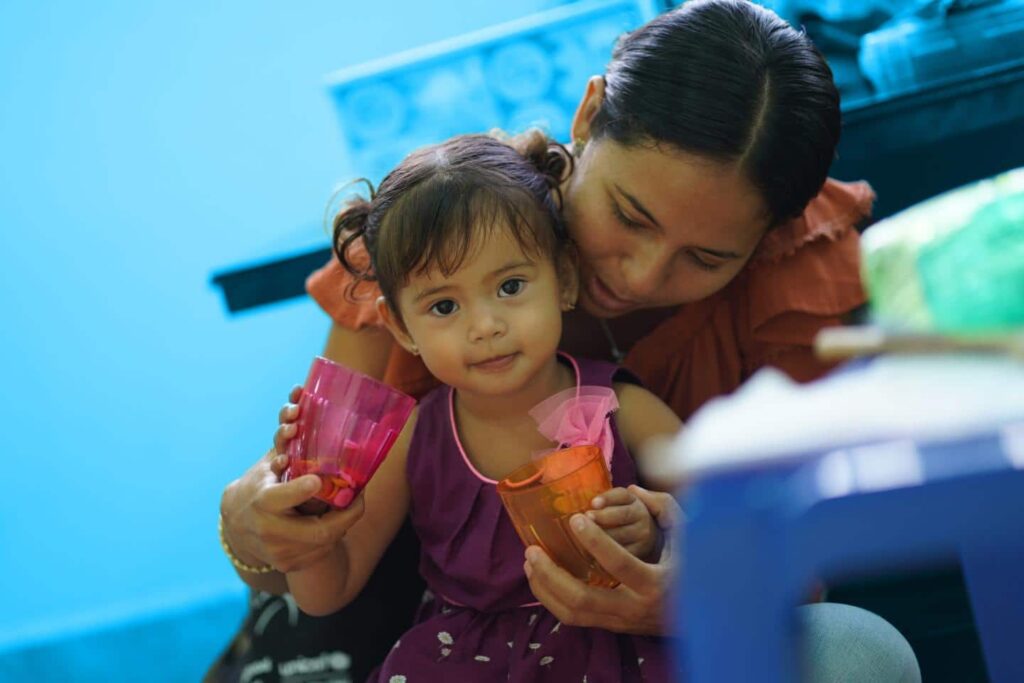It’s no secret that children face a multitude of challenges as they grow and develop. However, one of the most pressing issues facing children today is insecurity. Studies have shown that insecurity in children can have a profound impact on their academic performance, and in some cases, even lead to learning disabilities.
What is Insecurity in Children?
Insecurity in children refers to feelings of self-doubt, low self-esteem, and a lack of confidence. It can be caused by a variety of factors, including bullying, trauma, and difficult life events. When children are insecure, they may struggle with social situations and academic tasks, which can lead to a vicious cycle of further insecurity and poor performance.
The Connection between Insecurity and Learning Disabilities
Insecurity in children can have a significant impact on their academic performance and lead to learning disabilities in several ways. For example, children who are insecure may struggle with attention and focus, which can impact their ability to retain information and complete tasks. Insecurity can also lead to decreased motivation, causing children to disengage from school and their education.
Additionally, insecure children may experience anxiety and depression, which can further impact their academic performance and overall well-being. It’s crucial for parents, teachers, and caregivers to recognize the signs of insecurity in children and provide support and resources to help them build confidence and overcome these challenges.
How to Build Confidence in Children
Building confidence in children begins with providing a supportive and encouraging environment. Encourage children to take risks, try new things, and celebrate their successes, no matter how small they may be. Also, help children develop a growth mindset by focusing on effort, perseverance, and the process of learning, rather than just the outcome.
It’s also important for children to feel valued and understood. Listen to their concerns and provide empathy and support. Encourage children to develop a healthy self-image by focusing on their strengths and unique qualities.
Finally, providing opportunities for children to develop social skills, make friends, and participate in activities they enjoy can help build confidence and reduce insecurity.
Takeaways
- Insecurity in children can have a significant impact on their academic performance and lead to learning disabilities.
- Building confidence in children begins with providing a supportive and encouraging environment.
- Encouraging children to develop a growth mindset, focusing on their strengths, and providing opportunities for social interaction can help build confidence and reduce insecurity.
#ChildInsecurity #LearningDisabilities #ChildConfidence #ParentingTips #ChildDevelopment



